Best Time of Year to Replace Roof in Georgia
.webp)
Timing your roof replacement in Georgia can mean the difference between a smooth installation and weather-related delays, cost overruns, and material performance issues.
Georgia's humid subtropical climate creates specific windows when conditions are optimal for roofing work, while other seasons present significant challenges.
Why Timing Matters for Georgia Roof Replacements
Georgia's climate brings hot, humid summers with frequent thunderstorms, mild winters, and variable spring weather.
These conditions directly impact roofing materials, crew safety, and project timelines. Asphalt shingles, the most common roofing material in Georgia, require temperatures above 40°F to seal properly. Install them in cold weather, and you risk poor adhesion that can lead to wind damage later.
Weather delays don't just inconvenience homeowners; they can expose your home's interior to the elements and increase labor costs as crews work around unpredictable conditions.
Fall: The Optimal Season for Georgia Roof Replacement
Best Months: September through November
Fall consistently ranks as the ideal time for roof replacement in Georgia.
September and October offer the most favorable conditions:
- Temperature: Daytime highs typically range from 70-80°F, perfect for material installation
- Precipitation: Lowest rainfall of the year, minimizing weather delays
- Material Performance: Asphalt shingles seal effectively in these temperatures
- Preparation: Completes before winter storms arrive
The main drawback is high contractor demand. Fall is peak season for roofing companies, so book your project 4-6 weeks in advance to secure your preferred dates and avoid higher prices.
Spring: Strong Second Choice with Strategic Advantages
Best Months: March through May
Spring offers several compelling advantages for Georgia homeowners:
- Moderate Weather: Temperatures suitable for most roofing materials
- Storm Preparation: Completes before summer's peak storm season (July-August)
- Contractor Availability: Better scheduling options as it's considered off-season
- Potential Savings: Lower demand may result in better pricing
Schedule early spring installations to avoid delays from late-season storms. March and April see increased rainfall, so flexibility in your timeline is essential.
Summer: Manageable but Challenging
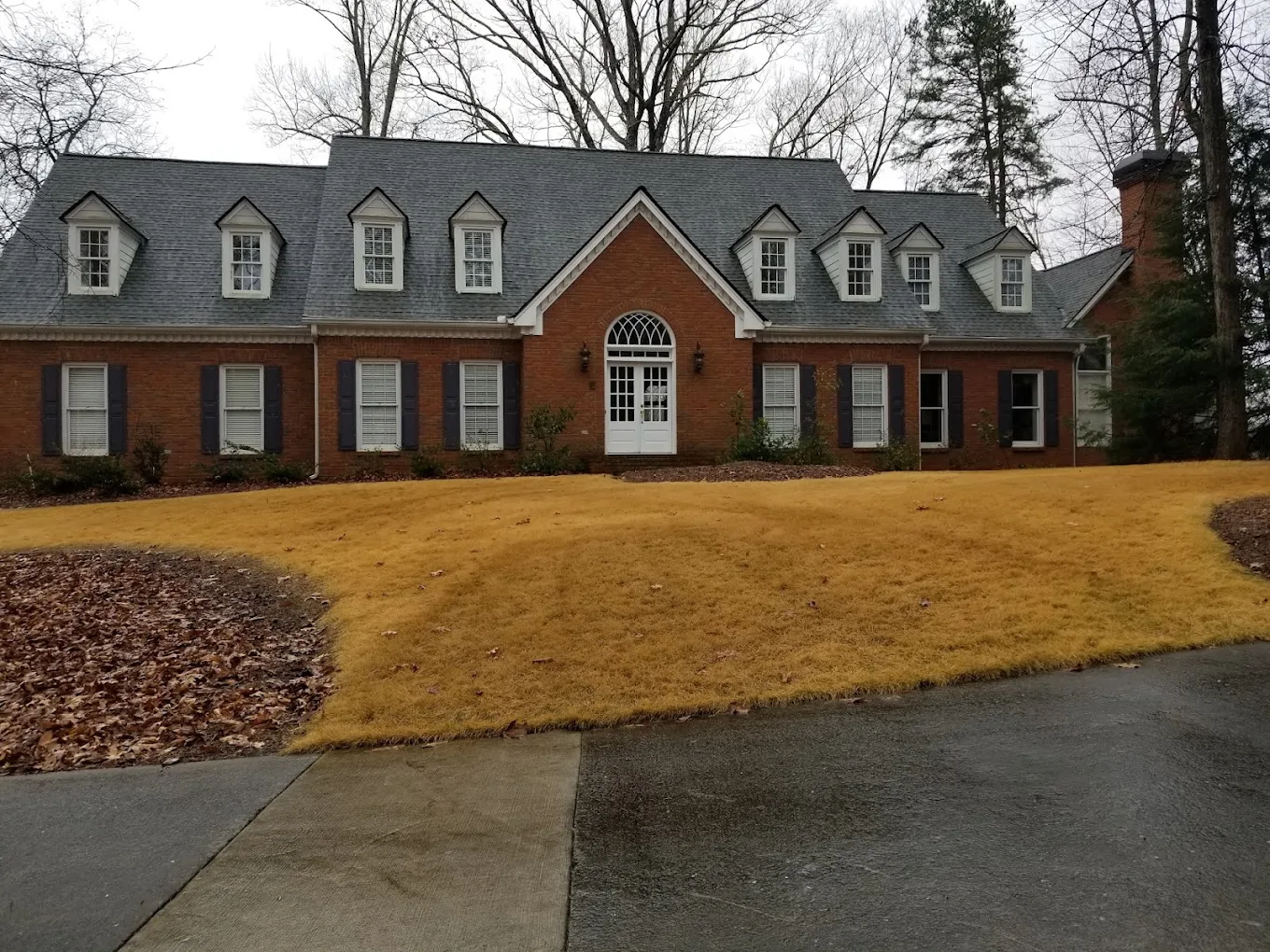
Months: June through August
Summer presents mixed conditions for roof replacement:
Pros:
- Longer daylight hours allow faster completion
- Ideal for metal roofing installations
- Immediate protection before fall storms
Cons:
- Extreme heat (often 90°F+) can soften asphalt shingles, making them vulnerable to damage
- Afternoon thunderstorms frequently disrupt work schedules
- Higher labor costs due to challenging working conditions
- Peak contractor demand drives up prices
If you must replace your roof in summer, schedule work for early morning hours and choose heat-resistant materials.
Winter: Budget-Friendly but Risky
Months: December through February
Winter offers the lowest prices but comes with significant trade-offs:
Advantages:
- Reduced contractor demand leads to lower prices
- Easier scheduling with immediate availability
- Emergency repairs possible when needed
Disadvantages:
- Cold temperatures affect asphalt shingle flexibility and sealing
- Shorter daylight hours limit work time
- Winter storms can halt progress for days
- Safety risks increase for installation crews
Only consider winter installation for emergency replacements or if you can wait for warmer days within the season.
Material Considerations for Georgia's Climate
Asphalt Shingles
The most popular choice requires temperatures above 40°F for proper sealing. Fall and spring installations ensure optimal performance, while summer heat can make shingles too pliable during installation.
Metal Roofing
More forgiving across seasons but still benefits from moderate temperatures. Metal roofing handles Georgia's heat better than asphalt and can be installed in cooler weather without sealing issues.
Tile and Slate
Premium materials that require careful handling. Extreme temperatures can affect installation precision, making fall the preferred season.
Cost Implications by Season
Roofing costs in Georgia vary significantly by season:
- Fall: Highest prices due to peak demand (10-20% premium)
- Spring: Moderate pricing with potential for early-season discounts
- Summer: High prices due to challenging conditions and demand
- Winter: Lowest prices (15-25% savings) but weather risks may offset savings
Planning Your Georgia Roof Replacement
Signs You Need Immediate Replacement
Don't wait for the perfect season if you notice:
- Active leaks or water stains
- Missing or damaged shingles after storms
- Sagging roof sections
- Granules accumulating in gutters
Advance Planning Strategy
- Inspect annually in late winter or early spring
- Get quotes 2-3 months before your target season
- Book installation 4-6 weeks ahead for fall projects
- Prepare for delays by maintaining flexible timelines
Working with Georgia Roofing Contractors
Choose contractors familiar with Georgia's climate challenges. At Right Hand Roofing & Gutters, we've served Georgia homeowners since 2005, understanding how local weather patterns affect roofing projects. Our team schedules installations during optimal weather windows and uses materials suited for Georgia's humid subtropical climate.
We offer free roof reports (valued at over $100) that assess your roof's condition and help you plan the optimal replacement timeline. Our comprehensive warranties and insurance support ensure your investment is protected regardless of when you choose to replace your roof.
Emergency Considerations
Georgia's severe weather can create urgent replacement needs. If storm damage occurs:
- Document damage immediately for insurance claims
- Secure temporary protection to prevent interior damage
- Contact reputable contractors who can work safely in various conditions
- Don't delay if structural integrity is compromised
Making Your Georgia Roof Replacement Decision: Next Steps
Fall remains the optimal time for roof replacement in Georgia, offering ideal weather conditions and material performance. Spring provides a strong alternative with potential cost savings and storm preparation benefits. While summer and winter installations are possible, they require careful planning and risk management.
The key is planning ahead—whether you choose fall's optimal conditions or spring's cost advantages, booking early ensures you get quality work completed on your timeline. Regular inspections help you avoid emergency replacements and give you the luxury of choosing your ideal installation season.
For personalized advice on timing your Georgia roof replacement, contact Right Hand Roofing & Gutters for a free consultation and roof assessment. Our local expertise ensures your new roof is installed during the best possible conditions for long-term performance.
FAQ
When is the absolute best month to replace a roof in Georgia?
September and October offer the ideal conditions with mild temperatures (70-80°F), minimal rainfall, and optimal conditions for asphalt shingle sealing. However, book 4-6 weeks in advance due to high contractor demand during peak season.
Can I replace my roof in Georgia during winter to save money?
Yes, winter offers the lowest prices (15-25% savings) due to reduced demand, but cold temperatures affect asphalt shingle flexibility and sealing. Only consider winter installation for emergencies or if you can wait for warmer days within the season.
How far in advance should I schedule my Georgia roof replacement?
Book 4-6 weeks ahead for fall installations due to peak demand. Spring and winter projects can typically be scheduled 2-3 weeks in advance, while summer requires 3-4 weeks due to high contractor demand.
What happens if it rains during my roof installation in Georgia?
Professional contractors will secure your home with tarps and temporary protection. Spring and summer projects face higher rain risks, so choose contractors experienced with Georgia's weather patterns and have contingency plans for weather delays.
Is summer too hot for roof replacement in Georgia?
Summer installation is possible but challenging due to extreme heat (90°F+) that can soften asphalt shingles and increase labor costs. If replacing in summer, schedule work for early morning hours and consider heat-resistant materials like metal roofing.




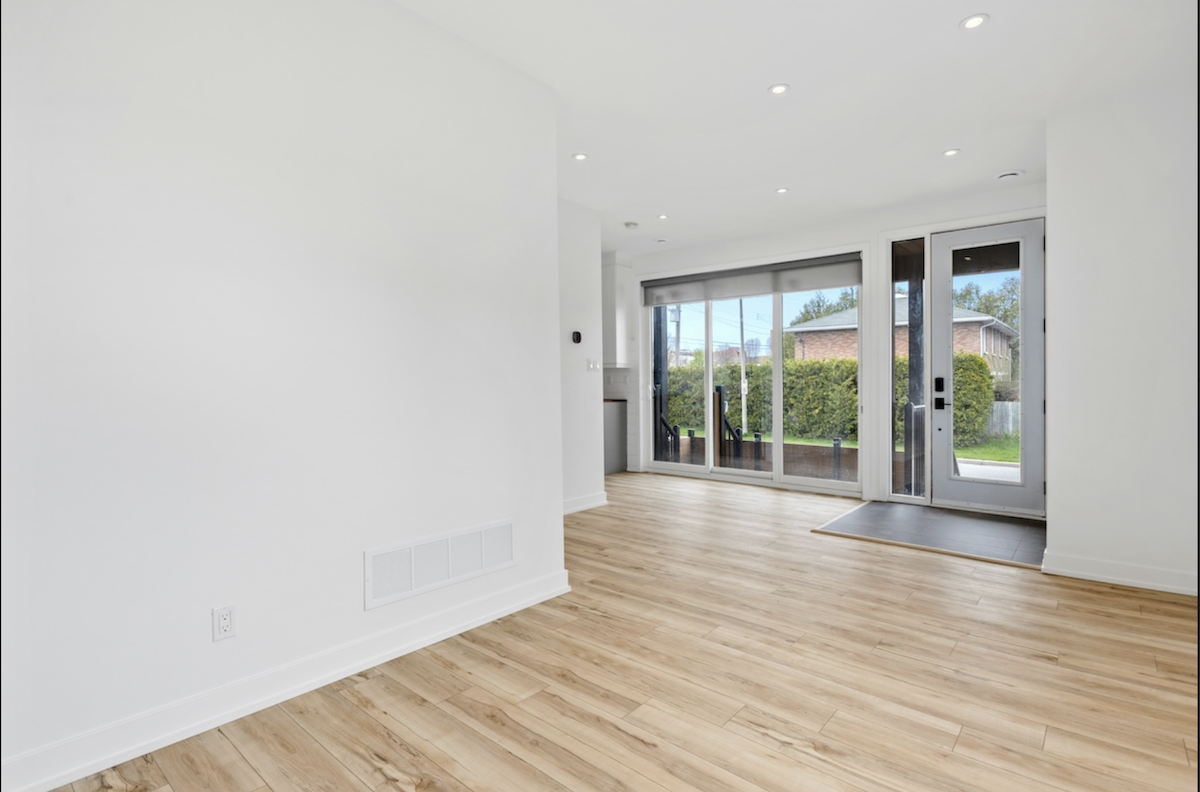
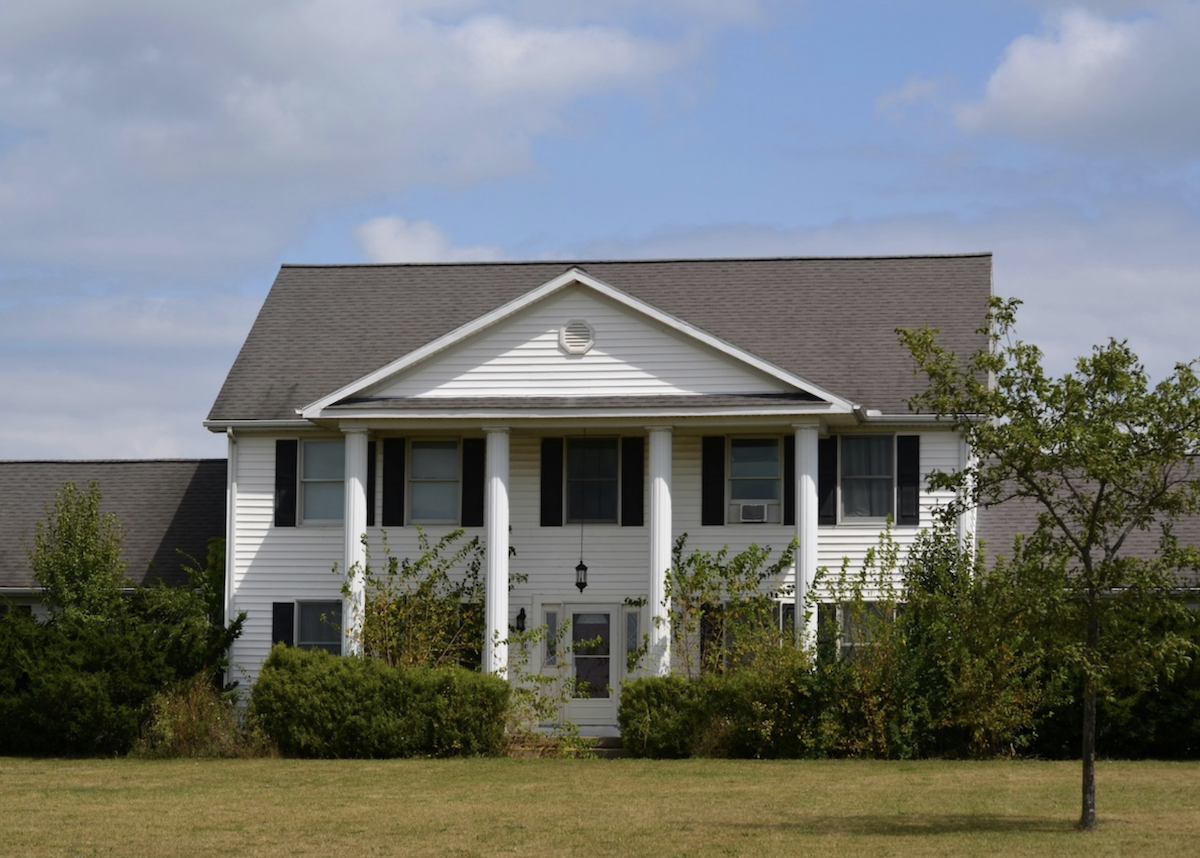



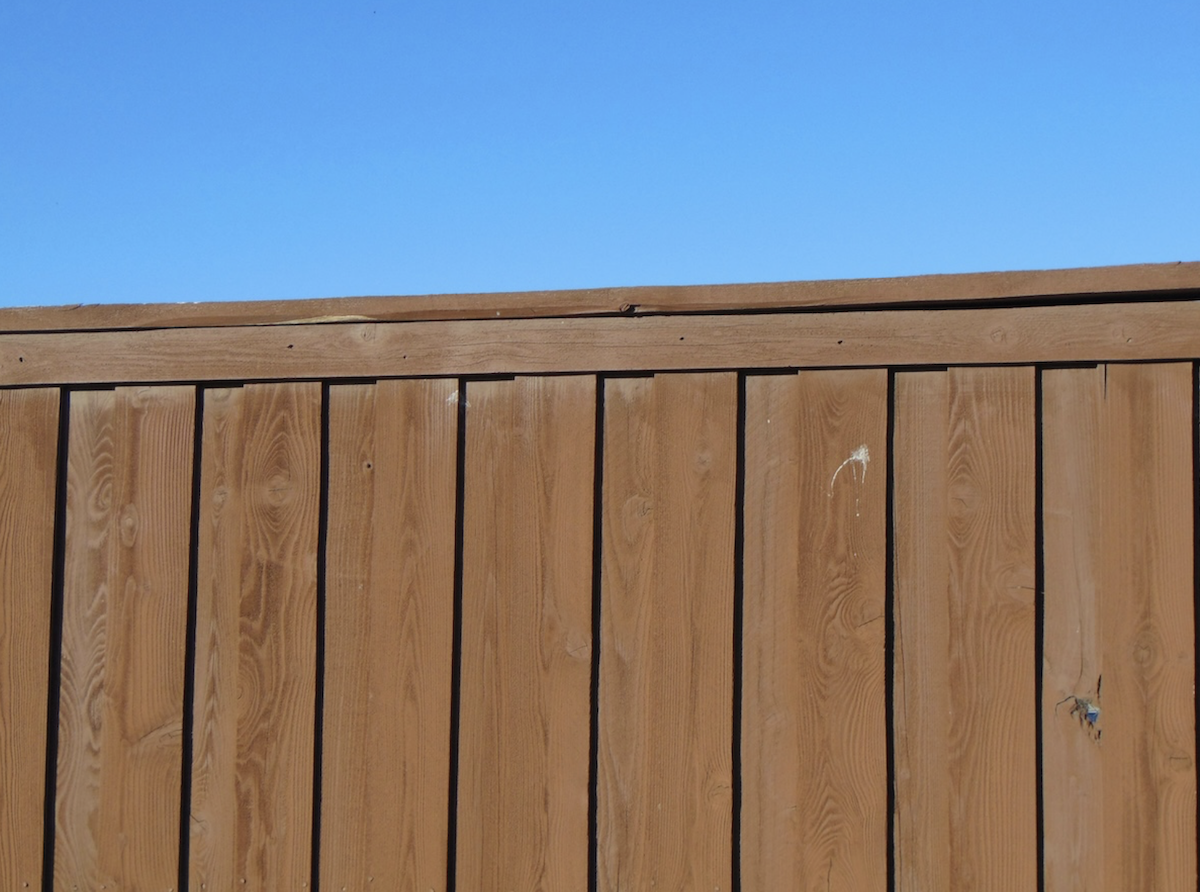

.webp)
.webp)
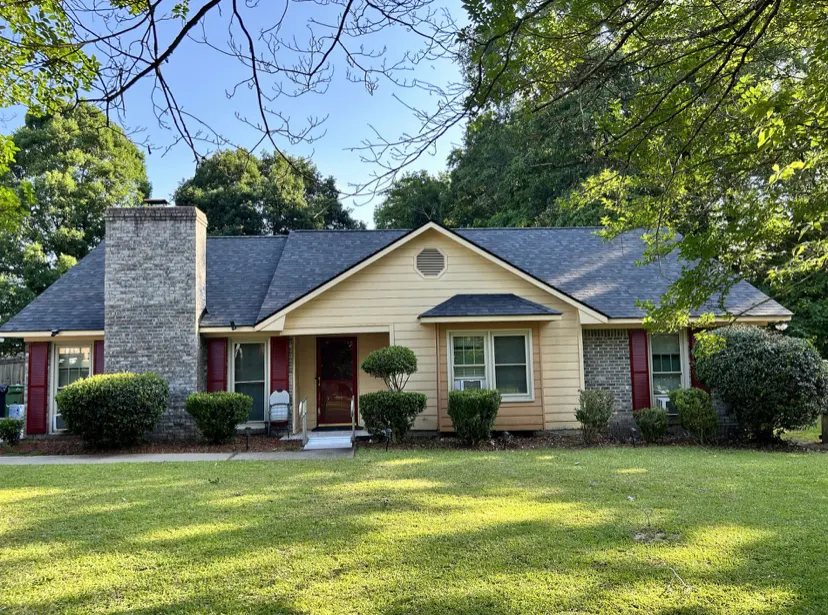
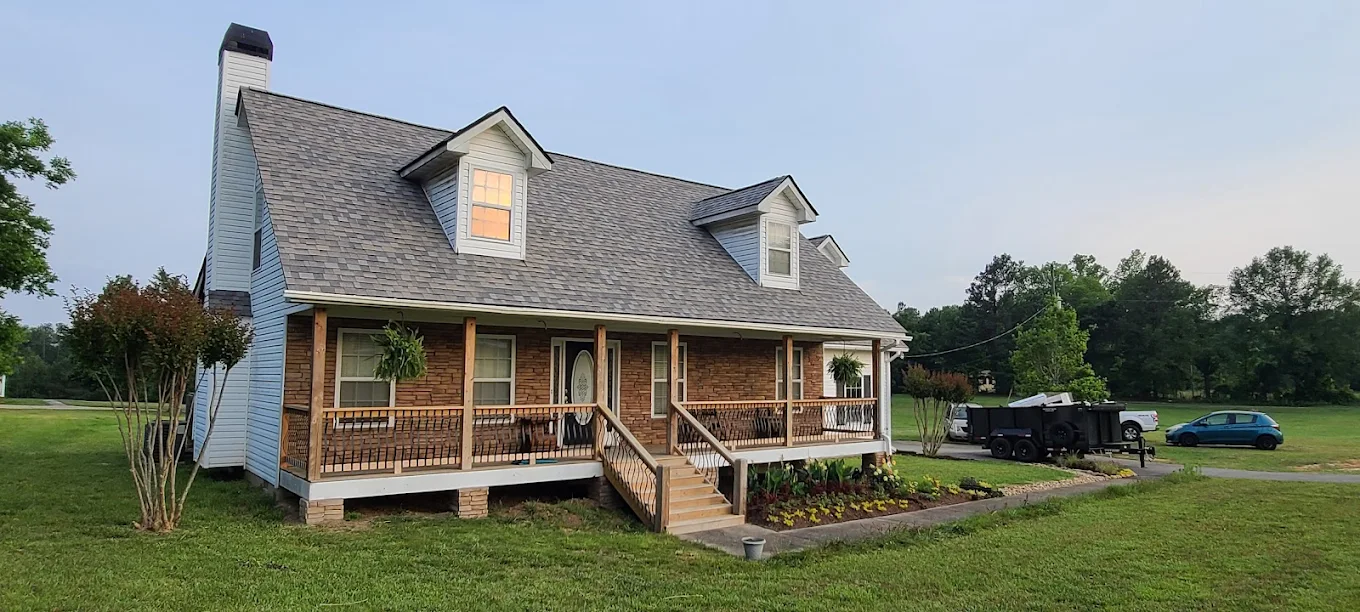
.webp)
.webp)
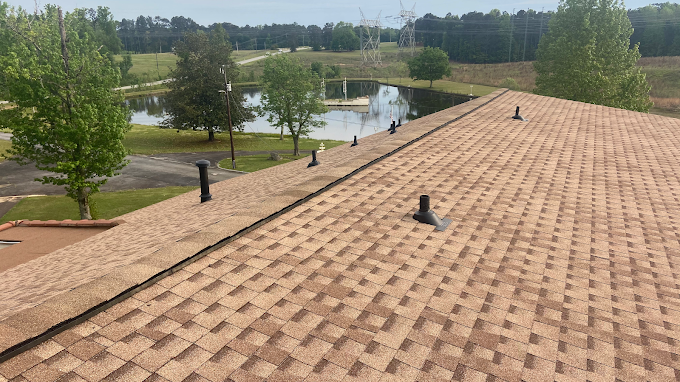
.webp)



.webp)
.webp)
.webp)

.jpg)






.jpg)











